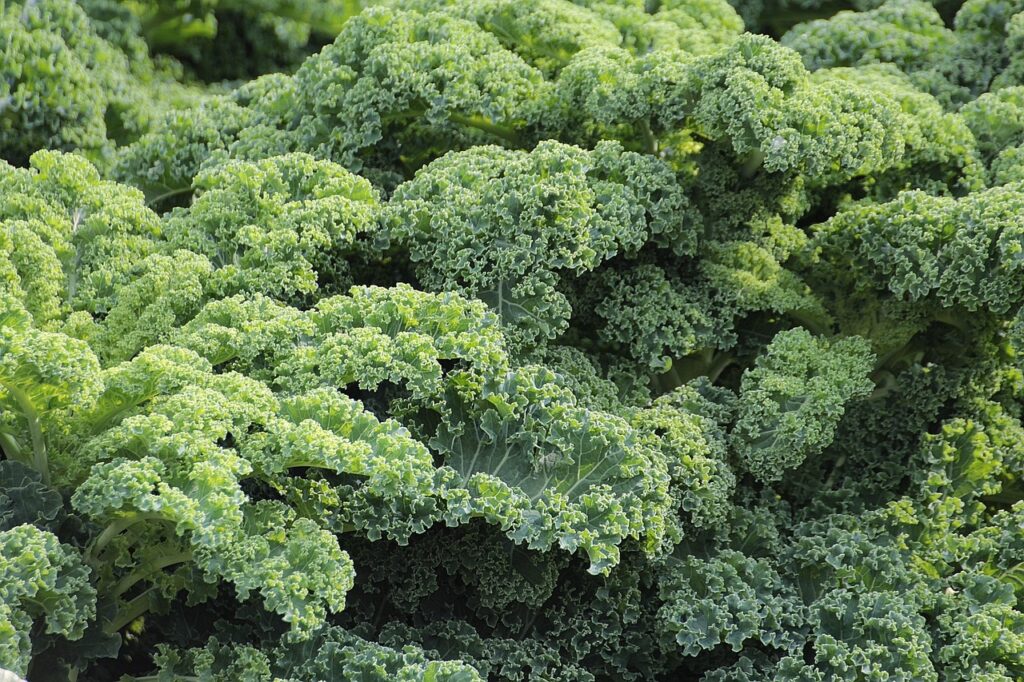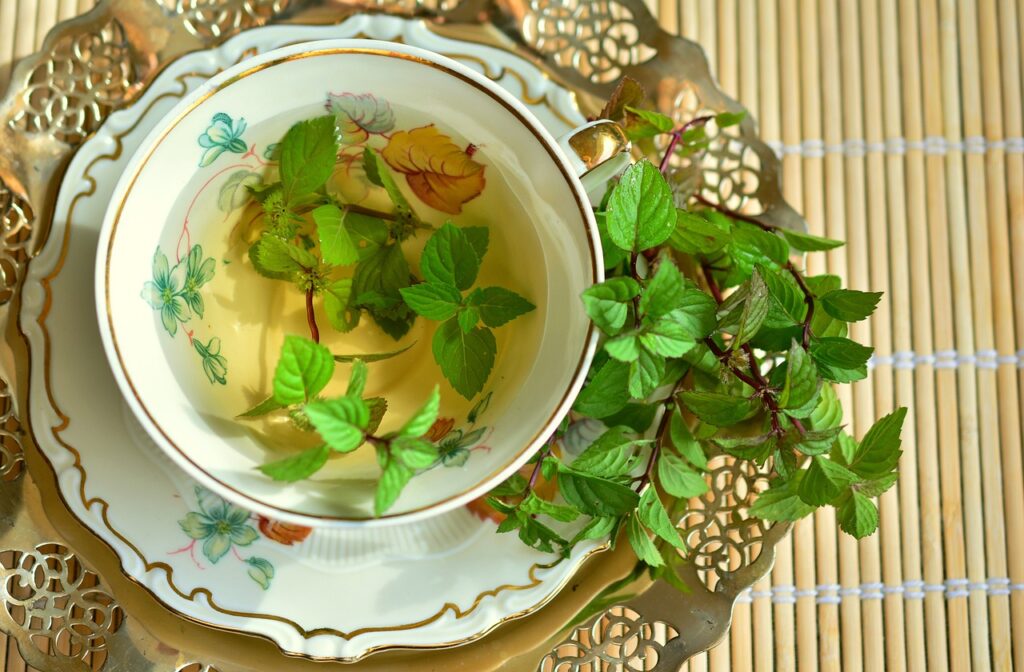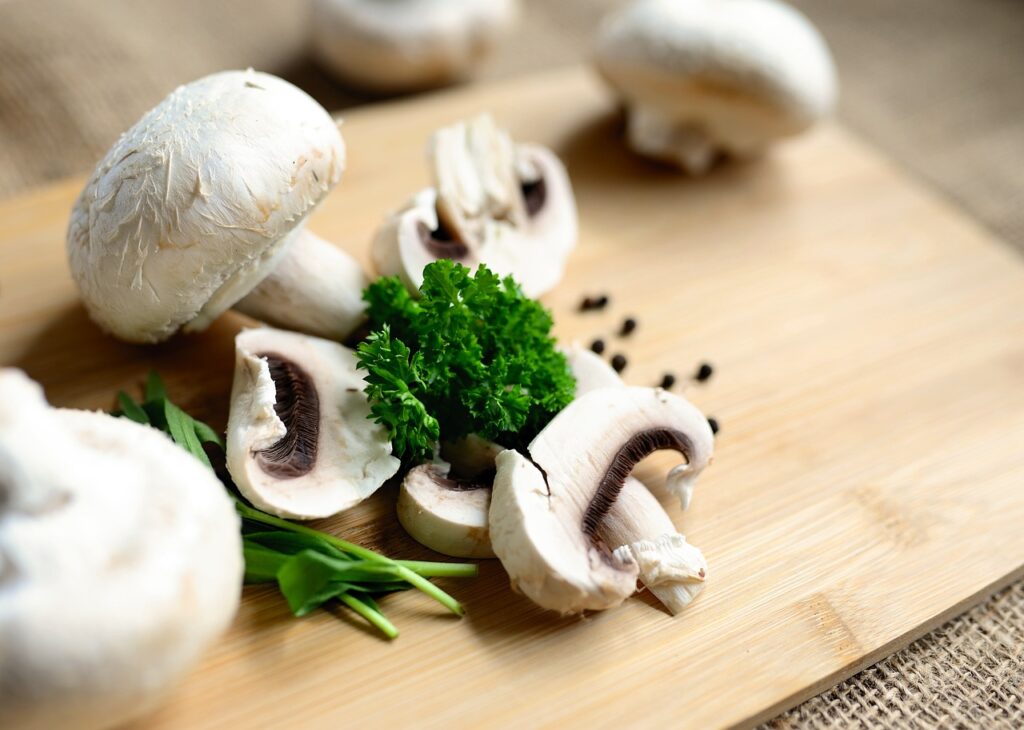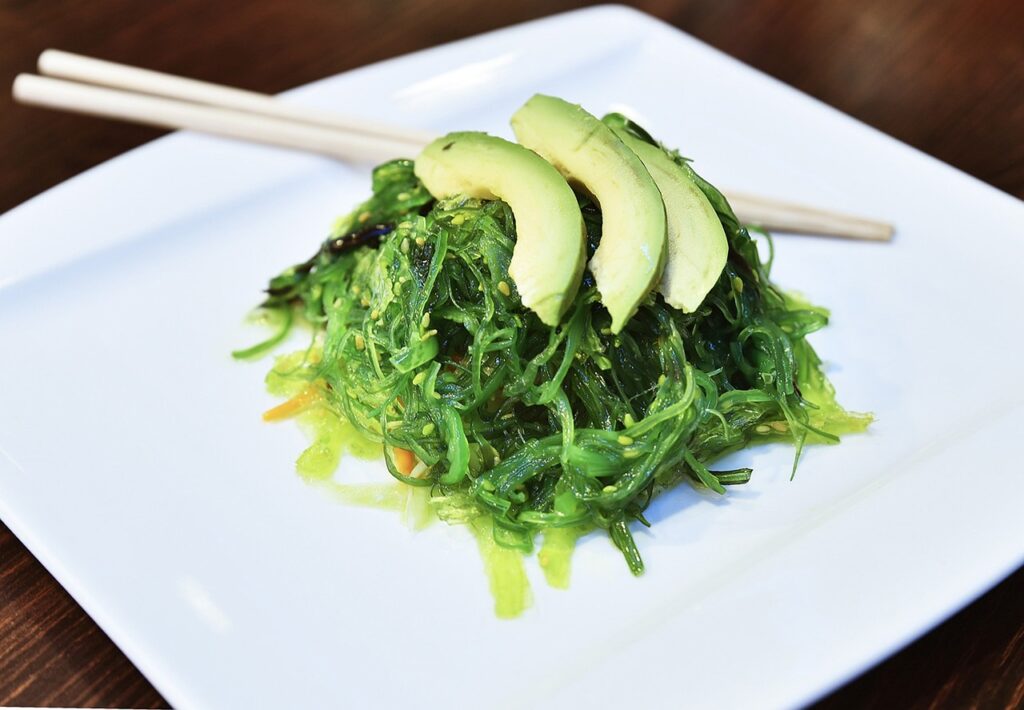In the pursuit of proactively mitigating the risk of cancer, adopting a diet rich in nutrient rich foods renowned for their cancer-fighting properties emerges as a fundamental strategy. The inclusion of specific food groups has been associated with potential protective effects against various types of cancer. Here is an elaborate exploration of nutrient rich foods recognized for their cancer-fighting attributes:
Cruciferous Vegetables
The cruciferous vegetable family, encompassing broccoli, cauliflower, Brussels sprouts, kale, and cabbage, stands out for its cancer-fighting potential. These vegetables contain bioactive compounds such as sulforaphane, which has demonstrated detoxification of carcinogens and inhibition of tumor development in experimental studies.

Berries
Berries, including blueberries, strawberries, raspberries, and blackberries, are nutrient rich foods in antioxidants, particularly anthocyanins. These compounds have exhibited anti-cancer properties by suppressing the growth of cancer cells and mitigating inflammation, contributing to a protective effect against certain types of cancer.
Garlic
Garlic, a widely used aromatic in culinary practices, possesses allicin—a sulfur-containing compound recognized for its anti-cancer potential. Allicin has been studied for its ability to impede the formation and proliferation of cancer cells, particularly in the digestive tract.
Turmeric
Turmeric, a vibrant spice containing curcumin, has gained attention for its potent anti-inflammatory and antioxidant effects. Curcumin’s ability to modulate various signaling pathways involved in cancer development makes it a noteworthy component in the realm of cancer prevention.
Green Tea
Green tea is known for its rich content of polyphenols, particularly catechins, which exhibit potent antioxidant properties. Studies suggest that the consumption of green tea may offer protective benefits against cancer by preventing the initiation and progression of malignant cells.

Leafy Greens
Leafy green vegetables, such as spinach, Swiss chard, kale, and collard greens, boast a nutritional profile replete with fiber, vitamins, and chlorophyll. These components contribute not only to overall health but also to potential cancer prevention through mechanisms such as cellular detoxification.
Tomatoes
Tomatoes, renowned for their lycopene content, provide a powerful antioxidant that has been associated with a reduced risk of certain cancers, particularly prostate cancer. The cooking process enhances the bioavailability of lycopene, making cooked tomato products favorable for inclusion in a cancer-fighting diet.
Citrus Fruits
Citrus fruits, including oranges, grapefruits, lemons, and limes, are abundant in vitamin C and other antioxidants. These compounds may play a role in neutralizing free radicals, thereby potentially lowering the risk of cancers affecting the digestive tract.
Nuts and Seeds
Almonds, walnuts, flaxseeds, and chia seeds offer a combination of healthy fats, fiber, and antioxidants. This nutrient profile may contribute to reducing inflammation and thwarting the initiation and progression of cancer cells.
Fatty Fish
Fatty fish, such as salmon, mackerel, and sardines, are rich sources of omega-3 fatty acids. These essential fats exhibit anti-inflammatory properties and have been associated with a decreased risk of specific cancers, including breast and colorectal cancer.
Ginger
Ginger, known for its distinct flavor and medicinal properties, contains bioactive compounds like gingerol. Studies have suggested that ginger exhibits anti-inflammatory and antioxidant effects, potentially inhibiting the growth of cancer cells, particularly in digestive organs.
Mushrooms
Certain mushrooms, including shiitake, maitake, and reishi, have been studied for their immune-boosting properties and potential anti-cancer effects. Compounds like beta-glucans and polysaccharides found in mushrooms may contribute to cancer prevention by enhancing the body’s natural defense mechanisms.

Onions
Onions contain quercetin, a flavonoid with antioxidant and anti-inflammatory properties. Quercetin has been explored for its potential to inhibit the growth of cancer cells and impede the development of tumors, particularly in breast and colon tissues.
Whole Grains
Whole grains, such as brown rice, quinoa, oats, and barley, are the best nutrient rich foods rich in fiber, vitamins, and minerals. The fiber content aids in digestion and may contribute to a lower risk of colorectal cancer. Additionally, the presence of antioxidants in whole grains adds to their potential cancer-fighting properties.
Carotenoid-Rich Vegetables
Vegetables rich in carotenoids, such as carrots, sweet potatoes, and butternut squash, provide a vibrant array of antioxidants. Carotenoids like beta-carotene have been associated with a reduced risk of certain cancers, particularly lung cancer.
Pomegranates
Pomegranates are rich in antioxidants, including punicalagins and anthocyanins. Studies have suggested that pomegranate extract may have anti-cancer effects by inhibiting the growth of cancer cells, particularly in breast and prostate cancer.
Legumes
Legumes, including beans, lentils, and chickpeas, are excellent sources of protein, fiber, and various phytochemicals. These compounds may contribute to reducing the risk of colorectal cancer and other gastrointestinal cancers.
Seaweed
Seaweed, such as nori, kelp, and wakame, is a rich source of minerals, vitamins, and unique compounds like fucoidans. Some studies suggest that certain components in seaweed may possess anti-cancer properties, potentially inhibiting the growth of cancer cells.

Cinnamon
Cinnamon, a spice with a distinctive flavor, contains cinnamaldehyde, which has demonstrated anti-inflammatory and antioxidant effects. While more research is needed, cinnamon may have potential in cancer prevention by influencing cell growth and reducing inflammation.
Dark Chocolate
Incorporating a diverse array of these nutrient rich foods into your diet provides a comprehensive approach to actively reducing the risk of cancer. It’s essential to maintain a balanced and varied diet, focusing on whole foods while considering individual dietary needs and preferences. Consulting with healthcare professionals or registered dietitians can offer personalized guidance for optimizing cancer prevention strategies based on individual health factors.

Conclusion : Nutrient rich foods
In conclusion, embracing a dietary regimen centered around nutrient rich foods with recognized cancer-fighting properties represents a proactive and holistic approach to reducing the risk of cancer. The diverse array of foods mentioned, from cruciferous vegetables to berries, garlic, and turmeric, offers a spectrum of bioactive compounds known for their potential anti-cancer effects. The inclusion of these foods in a well-balanced diet contributes not only to overall health but also to the intricate network of mechanisms that may prevent the initiation and progression of cancer cells.
These nutrient rich foods into your diet can significantly contribute to overall health and actively reduce the risk of cancer. The diverse array of nutrient rich foods, such as broccoli, blueberries, garlic, and salmon, provides a wealth of essential vitamins, minerals, and antioxidants. By consistently choosing these nutrient rich foods , individuals can empower themselves in the pursuit of a balanced and cancer-preventive lifestyle. Prioritizing nutrient rich foods is a foundational step towards enhancing well-being and fostering a resilient defense against the potential onset and progression of cancer.

